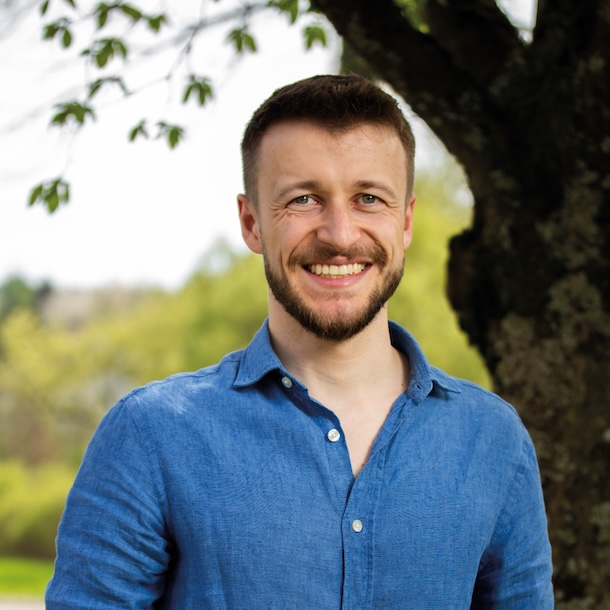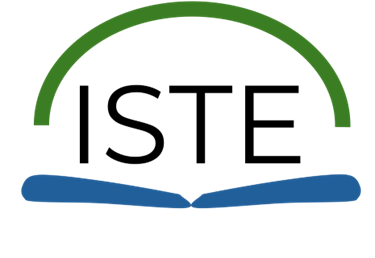Kristof Ueding
‘Knowledge is only valuable if it is shared and made accessible.’
For me, ISTE is much more than a company – it is a space of opportunity. A place where ideas become solutions, where technology is combined with attitude and where transformation can be lived in practice.
Our aim is to combine research, technology transfer and further education in such a way that this creates long-term, effective impulses for society, the economy and the environment – especially in areas where access to innovation has not been a matter of course up to now.

For me, sustainability means taking responsibility. For resources, for people, for structures. And that also means rethinking digitalisation – not as an end in itself, but as a tool for ecological, social and economic resilience.
At ISTE, we are actively shaping this future. We create transparency through data spaces, develop AI-supported solutions for real problems and empower people to become part of the change themselves. Because sustainability is not a state – it is a process that we want to help shape.
Background
Kristof Ueding is a computer scientist specialising in artificial intelligence and cyber-physical systems. After studying Applied Computer Science at the Environmental Campus Birkenfeld at Trier University of Applied Sciences, he took on various tasks in research, teaching and project development. Since then, he has been involved in the technical and methodological development of data-based systems with a particular focus on federated machine learning, real-time anomaly detection and the connection of software with physical processes.
Today, he works at the Environmental Campus as a research assistant, head of the Cyber-Physical Systems research department and head of department at the Birkenfeld Institute of Technology (BIT). In these roles, he deals with the question of how AI-supported applications can be integrated into practical environments in a comprehensible, resource-saving and targeted manner.
By founding ISTE Group GmbH, he is pursuing the goal of linking research, technology transfer and training more closely. It is particularly important to him that digital technologies are also made accessible to small and medium-sized enterprises and rural regions – in a practical, understandable way and with a view to long-term impact. He brings technical expertise, project experience and a clear application-oriented perspective to the interdisciplinary work of the ISTE Group.
